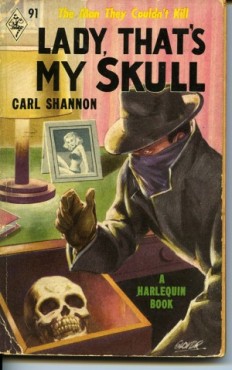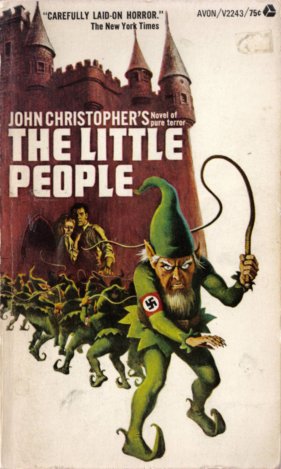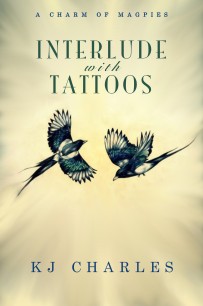Regular readers will know that I am both an editor and a writer. I have spent eighteen years tweaking* people’s manuscripts. (* See Glossary.) However, I am a novice at being edited, and I have just had my first major line-editing experience. Imagine a desolate post-nuclear wasteland of shattered buildings and shambling undead. Then imagine that’s your MS after the copy editor’s comments.
It’s very easy to do things as you write that look ridiculous once pointed out. The following are all real examples (many of them mine but not all, and keeping anonymous to avoid embarrassment), but shouldn’t be taken to suggest a lazy or a sloppy author. People are very quick to call mistakes ‘sloppy’, and sometimes that’s fair, but very often errors are the result of an author concentrating on one element, usually the story or a dramatic effect, and thus simply not noticing another. And because the author’s focus is elsewhere, these things are surprisingly hard to spot…until the book is printed, at which point they become glaringly obvious to everyone.
- If your big dramatic chase scene begins on a Saturday night, your character really won’t be fighting her way through crowds of early office workers as dawn rises the next day, no matter how filmic that is.
- If your character is going to point a gun at someone, it really helps if you give the poor sod a gun in the first place.
- A bald character should not run his hands through his hair, even when upset.
- ‘Good morning’ actually means ‘Good morning’ rather than ‘Standard Greeting’ and thus should not be used by characters who had lunch hours ago.
- If you have an arm round your son at a football match, and you also have your arms in the air, your son needs to put some weight on.
It is possible to feel like a total idiot when the copy editor points these things out (for good reason). It is also a pretty damned hard job for an editor to comment on these things without sounding like a patronising teacher from hell. (‘She appears to have three pairs of shoes and five changes of outfit in a “small handbag”, p.93. Consider revising.’ ‘Unfortunately the character’s name is also the name of a brand of personal lubricant.’ ‘As a brontosaurus femur is quite a lot larger than a human femur, I’m not sure this confusion is likely to arise.’ Etc.)
However, speaking from both sides, as the editor shouting, ‘For God’s sake!’ at the screen and the author curling up and dying at the sea of red, the following are useful touchstones:
- The question is not ‘have I missed anything?’ but ‘what have I missed?’
- There is no shame in making mistakes. The shame lies in being too proud, too touchy or too lazy to fix them.
- An editor should never be soft on the MS, but she should be gentle to the author, because this stuff really stings.
- An author who can’t take editing is an author who will never improve.
- Sometimes the editor is wrong: she doesn’t get the author’s style, or jokes. Sometimes editors make mistakes. Have ‘the editor is probably right’ as your default assumption, but don’t be afraid to discuss or query. You might both learn something.
- Being edited is temporary. Mistakes in a published book are forever.
A quick editing glossary for novices
Tweak: A change to a book. May be the alteration of a comma to a semi-colon. May involve identifying a huge timeline flaw and swapping scenes according, bringing a character back from the dead, and changing the ending.
Echo: Stop using this word. Stop. Using. This. Word.
A little convoluted: Reads like it was translated from the Korean by Babelfish
Rather convoluted: I don’t know what this passage means.
Very convoluted: Nobody knows what this passage means.
The writing is strong enough not to need [ellipses/exclamation marks/adverbs]: Fredo, you’re my older brother, and I love you. Now never do that again.
Comments, thoughts and examples of comedy bloopers are very welcome!
I’m off on my holidays shortly, so normal service will be resumed in mid January, when I’ll be getting all excited about my (impeccably edited) second book A Case of Possession coming out. The first review is in…












